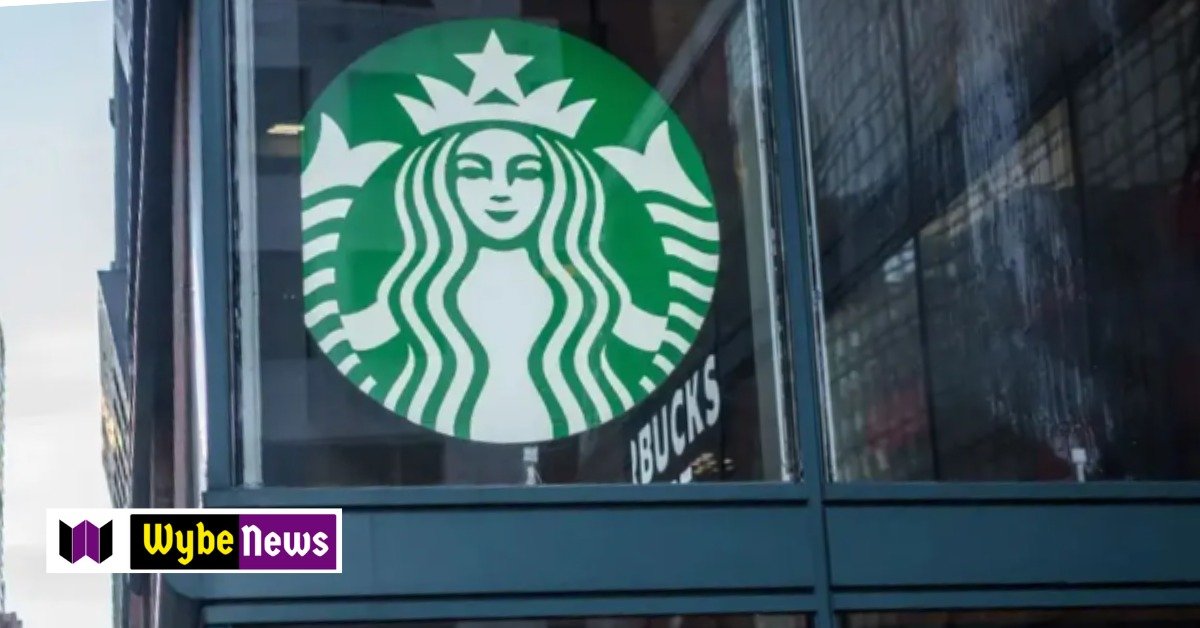Starbucks Faces $11 Billion Loss Amid Union Disputes and Boycotts

Starbucks, the renowned coffee giant, is grappling with an $11 billion loss attributed to a series of challenges, starting with a contentious social media post during the Israel-Hamas War. The company found itself embroiled in a legal dispute with Workers United, the union organizing its workers, as Starbucks accused the union of trademark infringement.
Trademark Dispute and Defamation Claims
Starbucks alleged that Workers United’s use of a similar name and logo amounted to trademark infringement, damaging the coffee giant’s reputation by associating it with specific political stances. In response, Workers United filed a counterclaim in Pennsylvania, defending their right to use the name and logo. They also accused Starbucks of defamation, claiming the company implied that the union supported violence.
Boycotts and Market Value Plunge
This legal skirmish served as a precursor to Starbucks’ recent troubles. A combination of boycotts, staff strikes, and a lackluster holiday promotion resulted in an unprecedented $10.98 billion decline in market value. The company experienced an 8.9% drop in shares, marking its longest losing streak since its 1992 initial public offering.
Geopolitical Tensions and Social Media Backlash
The heart of Starbucks’ predicament lies in geopolitical tensions. Boycotts were triggered by the union’s tweets expressing support for Palestinians during the Israel-Hamas conflict. This ignited widespread calls on social media for action against Starbucks, intensifying the company’s woes.
Labor Disputes and Staff Strikes
Adding to the challenges were internal issues. Staff strikes and calls for improved working conditions, particularly during busy periods, created further strain. Starbucks CEO Laxman Nariman addressed these challenges, expressing optimism despite societal issues and shifting consumer behaviors.
Holiday Season Blues and Diminished Foot Traffic
The culmination of labor disputes, boycotts, and decreased foot traffic during the holiday season presents a multifaceted challenge. Even the traditionally popular “red cup day” experienced a decline in excitement, with a notable drop in foot traffic compared to previous years, as observed during November.
Analyst Insights and Uncertain Future
Analysts, including John Iano from JP Morgan Chase, noted a material slowing in growth. The company’s struggles, entangled in global politics and internal labor issues, raise questions about the future trajectory of this coffee giant and emphasize the significant role public sentiment plays in shaping corporate destinies.
The Power of Public Sentiment
Starbucks’ ordeal underscores the potency of public sentiment in influencing corporate outcomes. The intersection of global events, internal labor dynamics, and consumer reactions paints a complex picture for the future of this once-unassailable coffee empire. As Starbucks navigates these challenges, the unfolding narrative suggests that corporate success may increasingly hinge on aligning with evolving societal values.
The Road Ahead
Starbucks faces a pivotal moment in its history, navigating not only the complexities of global geopolitics but also the shifting landscape of labor relations and public expectations. The $11 billion loss serves as a stark reminder of the intertwined nature of corporate success and societal dynamics, leaving the coffee giant at a crossroads with an uncertain path forward.






